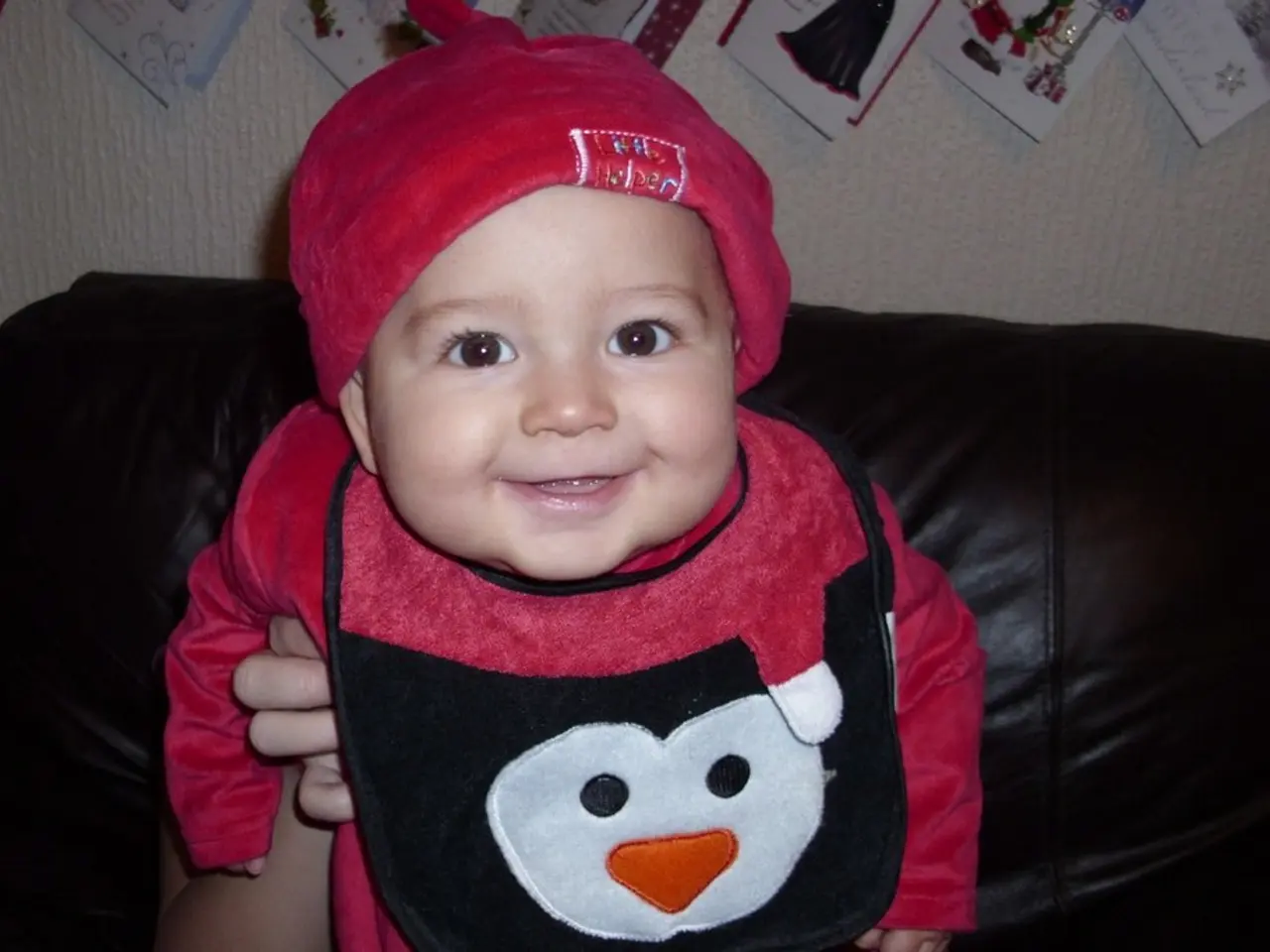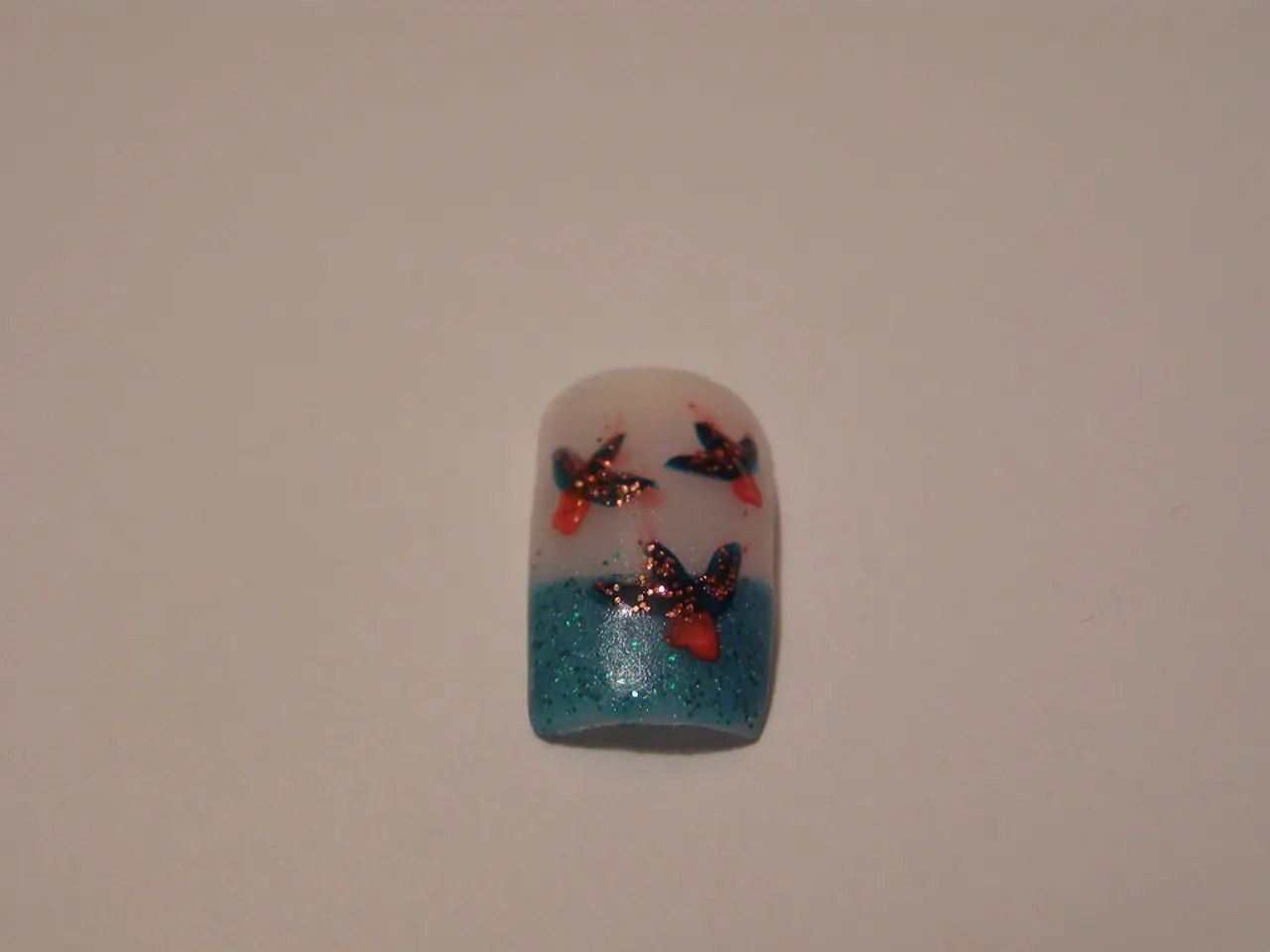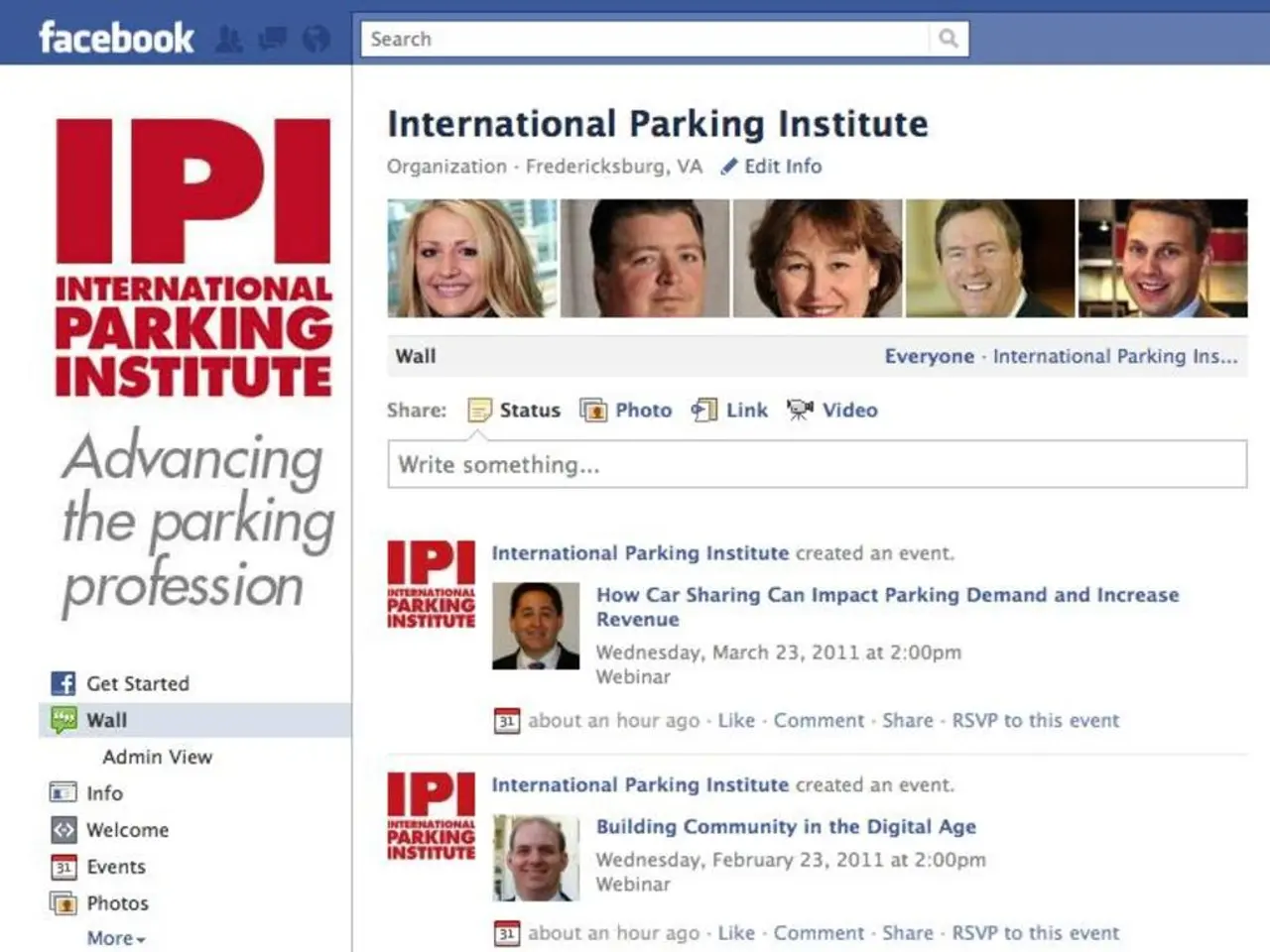Significant Achievements in Childhood Development Worth Noting
Young children's development is a fascinating journey, spanning physical, social-emotional, cognitive, and language domains. Parents play a crucial role in nurturing their child's growth by providing age-appropriate activities and a safe, engaging environment.
From infancy through age four, children progress through various stages, each with its unique milestones.
**Infants (Birth to 12 Months)**
Physically, infants learn to lift their heads, roll over, sit, crawl, and pull up to stand. Socially and emotionally, they bond with caregivers, show stranger anxiety, and respond to interactions. Cognitively, they explore objects and begin to imitate gestures. Language-wise, they make cooing sounds and respond to voices. Parental support includes talking, singing, and playing with the baby, responding to their smiles and sounds, and providing safe spaces for movement.
**Toddlers (12 to 24 Months)**
Toddlers start walking independently, climb on furniture, and use utensils. They show affection to dolls, begin to play simple games, and express emotions. Cognitively, they know object uses, put toys in containers, and begin pretend play. Language-wise, they use simple phrases, 2-4 word sentences, follow two-step directions, and imitate new words. Parental support involves encouraging exploration in a safe environment, reading, singing, and talking to the toddler, and providing toys to sort by colour and shape.
**Two-Year-Olds**
Two-year-olds continue to develop language, physical skills, cognitive abilities, and social-emotional skills. They run, kick a ball, jump with both feet, sort objects by shape/colour, and begin make-believe play. They express a variety of emotions and show the beginning of empathy. Parental support includes offering diverse play options, encouraging talking and storytelling, and providing opportunities for physical activities such as climbing and ball games.
**Three-Year-Olds**
Three-year-olds' physical abilities improve with better coordination, allowing them to run, jump, climb stairs independently. Language rapidly expands with longer sentences, and they ask questions. Cognitive milestones include understanding concepts like counting, recognising colours and shapes, and following complex instructions. Social skills grow: they play cooperatively with other children, share, and express feelings clearly. Parental support includes fostering social playdates, reading books and asking questions to expand vocabulary, providing puzzles and games that develop problem-solving, and encouraging outdoor play to enhance motor skills.
**Four-Year-Olds**
Four-year-olds' physical skills include improved balance and coordination, skills like hopping, skipping. Language expands with complex sentences, storytelling, and understanding grammar. Cognitively, they count objects, understand time and sequences, and engage in imaginative play. Socially and emotionally, they cooperate, understand rules, and express empathy. Parental support includes engaging in activities that challenge thinking, encouraging creative play and sports, reading stories together, and discussing feelings and social situations to build emotional intelligence.
By tailoring support to the child's developmental stage with engaging, safe, and loving interactions, parents help their children reach key milestones confidently while fostering curiosity and emotional security. This guidance aligns with well-recognised developmental frameworks and milestone checklists for infants through preschoolers.
Remember, every child is unique, and they may develop at different rates across various domains. If you have specific concerns about your child's development, please consult with your pediatrician or a developmental specialist. Early support, when needed, can make a tremendous difference. The good news is that young children's brains are incredibly adaptable, and the right environment can nurture optimal development at every stage.
For more personalised insights and guidance, consider contacting BBMA. Their programs cater to each stage of your child's development, providing safe, engaging environments, language-rich interactions, simple social games, sensory experiences, and more. BBMA's staff can provide personalised insights and guidance based on your child's age and developmental profile. Contact your local BBMA center today to schedule a visit and learn more about how they can support your child's developmental journey.
- Parents can support their infants' development by providing science-based infant care, such as talking, singing, and playing with the baby, to help foster cognitive, language, and social-emotional growth.
- Parents can encourage toddlers' cognitive and language development by reading books, playing simple games, and providing diverse play options that incorporate puzzles and sorting toys.
- For parenting a two-year-old, it is essential to offer activities that challenge their physical skills, encourage talking and storytelling, and provide opportunities for social playdates to help them develop empathy and coordination.
- In the education-and-self-development domain, parents can help four-year-olds achieve complex cognitive milestones and emotional intelligence by engaging in activities that challenge thinking, encouraging creative play, and discussing feelings and social situations.
- Beyond following developmental milestones, parents should remember the importance of parent-child communication and maintaining a healthy and well-rounded environment for the child's overall well-being and child development.




